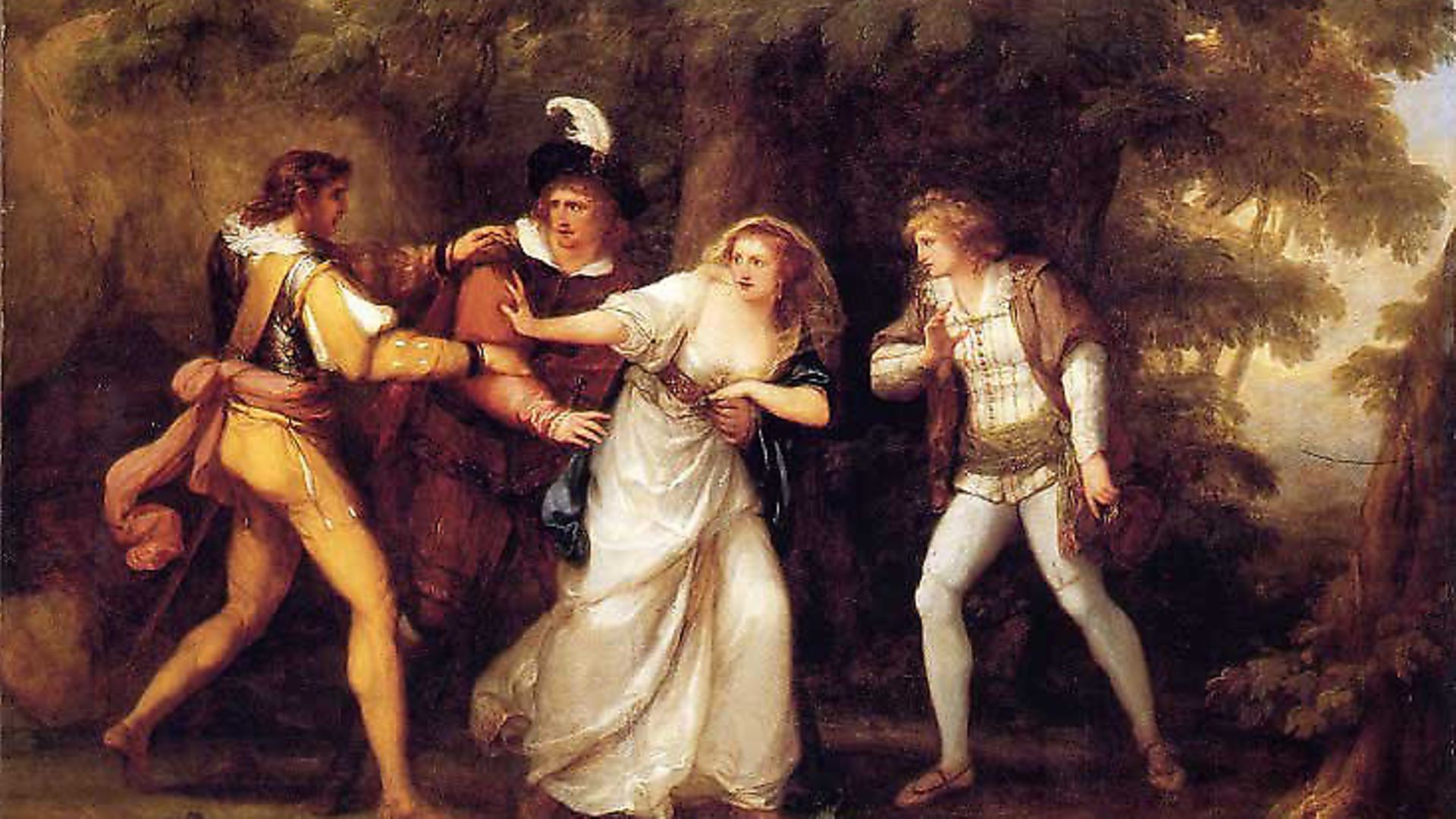
These days we hear the word like, meaning ‘similar to’, quite a lot. In fact, in the speech of many younger people today it seems to occur, like, all the time. But it is a word with an extraordinarily interesting and complex history, and one which is not completely understood.
One fascinating aspect of its story has to do with the fact that the Germanic sister languages of English all also have words which are related to our like. German has Leiche; Dutch has lijk; the Afrikaans and Frisian words are both lyk; the word in Norwegian and Swedish, as well as in Icelandic and Faroese, is lik; and the Danish is lig.
The similarities between all the words in these different languages is clear. And this is not surprising, since they all descend from the same ancient Common Germanic root liko-. But the rather remarkable thing about them is that all of these forms, apart from the English word like, mean ‘corpse, body’.
This old meaning of the word is still around in English to an extent too, though. The word lyke means ‘body’ in the name of the famous Yorkshire Lyke Wake Dirge: “When thoo frae hence away art passed, ivvery neet an’all, to Whinny-muir thou com’st at last, And Christ receive thy saule.”
A lyke-wake was a night-watch over the body of someone who had just died. Lyke is the northern dialect form of the word, with the corresponding southern form being lych. (This is the same correspondence that we see as between northern dyke and southern ditch). The southern form is mainly known from the word lych-gate, which refers to a covered churchyard gateway where the first part of funeral services used to be held.
The current meaning of like, having to do with similarity and resemblance, can be explained in terms of an original meaning of liko- having to do with ‘shape’ or ‘form’ - so like would originally have meant something like (!) ‘having the same form as’ or ‘having the shape of’.
Like, then, was originally a noun meaning ‘form, body’ which became an adjective meaning ‘similar to’. But from the 13th century it also became a preposition, as in ‘someone like me’ and ‘like what I do’. And then in the 16th century it became a conjunction, as in ‘like I do’.
The ancient form liko- also has another descendant in modern English. This, perhaps surprisingly, is the suffix -ly as it occurs in words like manly and quickly. What happened was that an ancient Germanic form such as mann-liko meaning ‘having the form or appearance of a man’ came down into mediaeval English as southern mannlich, northern mannlik, ‘manly’; and the unstressed suffix -lich/-lik then became reduced in pronunciation to -ly during the 15th century.
From the 16th century onwards we can also see the full form like becoming a noun again, meaning ‘a similar thing/person’ as in ‘the likes of’.
Surprisingly, the verb to like also has the same origin in the ancient Germanic word for ‘form, shape, body’, although how exactly this particular meaning of the verb developed is not entirely clear.
To like originally meant ‘to please’, so “it liketh me” meant ‘it is pleasing to me’. In Shakespeare’s The Two Gentlemen of Verona we find “the music likes you not”, which in modern English would be ‘you don’t like the music’. The semantic change might have arisen via a meaning such as ‘to be like’, which could take us to an interpretation such as ‘to be appropriate for’. So perhaps the original meaning of it likes me (‘it is pleasing to me; I like it’) was it is suitable for me.
This is quite a likely solution to the problem. (Likely is a particularly interesting item, because the two halves of the word, like- and -ly, both have the same origin.) But it’s, like, difficult to know.










